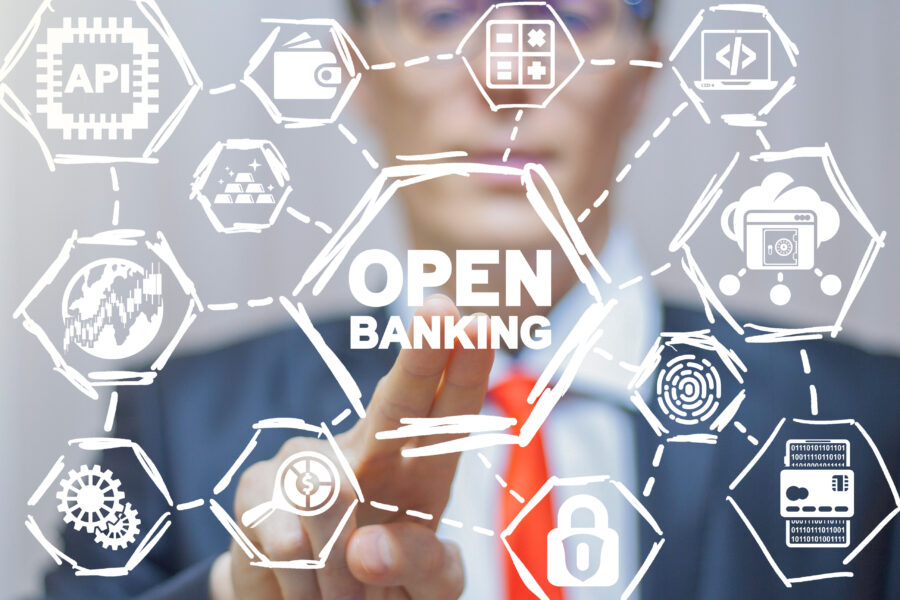
Overview: Data value creation in companies
For a long time, everyone was talking about data. “The world’s most valuable resource is no longer oil, but data” (The Economist, 2017) was the ubiquitous mantra. However, advances in the field of artificial intelligence (AI) are currently dominating the media, driven in particular by generative AI such as ChatGPT, DALL-E and the like, which can create new content such as text, images or speech. These generated data instances are in turn created with the help of technology on the basis of enormous data sets (Touati, 2024). Accordingly, it is becoming increasingly relevant for companies today and in the future to deal with the topic of “data” as the basis for value-adding activities. The Competence Center (CC) Ecosystems of the Business Engineering Institute St.Gallen develops solutions for relevant practical problems and addresses, among other things, the use of data as a key role for business success in dynamic environments. This blog post provides an introduction to the research in the field of data value creation for companies at the CC ecosystems.
Continue reading »























